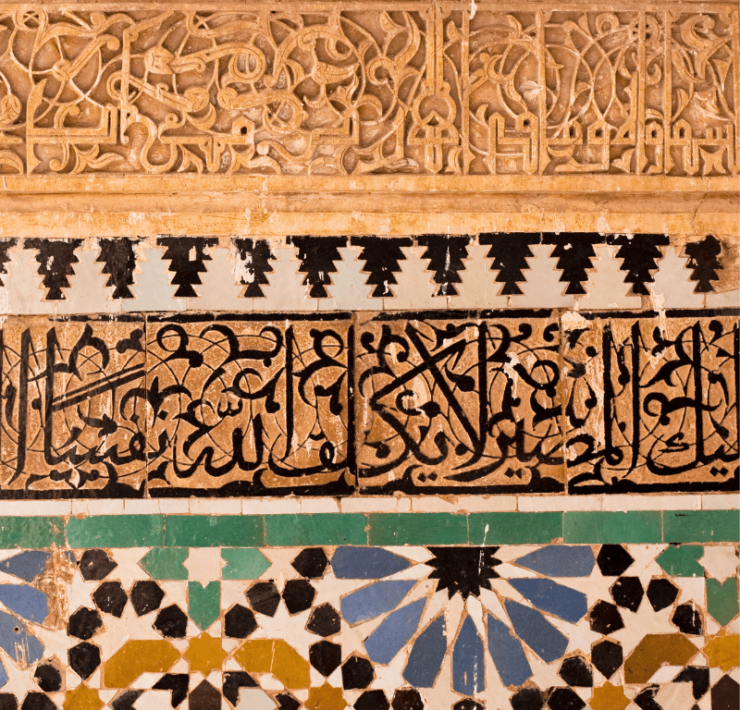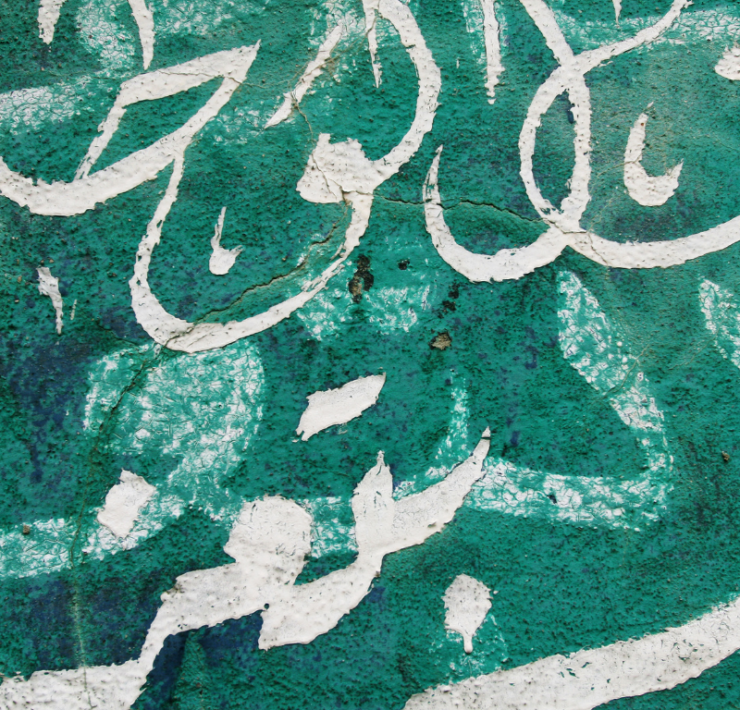We’re so excited that you’ve decided to learn Arabic, or to add a new Arabic dialect to your repertoire! If you’re new to studying Arabic, you might have been dismayed to learn about the degree to which this amazing language is diglossic – that is, split between formal or standard Arabic and colloquial Arabic dialects.
Although it can make choosing your study pathway harder, the wealth of dialects and variation within Arabic is one of the most wonderful things about it, allowing the cultural wealth and variety of the Middle East and North Africa to shine through in linguistic form. But which Arabic dialect to learn? You’ve come to the right place! In this series of blog articles, we’ll be going over the key things to consider about each of the main Arabic dialects, starting with Levantine Arabic.
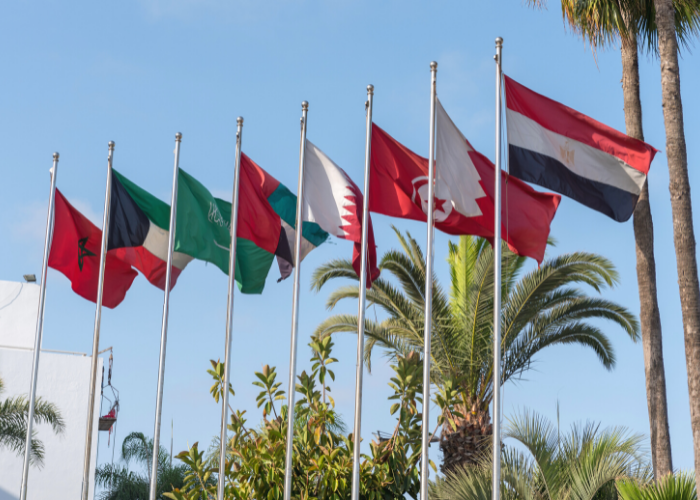
Arabic diglossia means that while Modern Standard Arabic (MSA) is used in written texts and formal situations across the Middle East and North Africa, most daily interactions take place in a colloquial dialect, known as ammiya, lahja, or darija depending on where you are in the region.
This means that although you may read the news in MSA, you would discuss it with friends or colleagues in ammiya. If you go to the doctor, you’d explain your symptoms in ammiya, but receive your prescription in MSA. TV dramas are almost always filmed in their respective dialects, while documentaries are often in MSA. This can be more than a little confusing for the learner faced with deciding which type of Arabic to study! If you’re struggling to choose which Arabic dialect to learn, we’re here for you.
You’ll probably have already come across articles advising you which Arabic dialect to study, maybe professing outright that MSA is best or even that a particular colloquial dialect is the easiest, but the truth is that the best and most useful Arabic dialect for you to learn will depend on YOU! Your plans for the future, your access to teachers and resources, the courses available to you, and your own interests will all influence your choice.
Perhaps you are Muslim and want to gain a deeper understanding of the Holy Qur’an – a Classical Arabic or MSA course is what you’re looking for. Perhaps you have family or friends in the Palestinian countryside you want to spend more time with – you’ll want to learn Levantine Ammiya, ideally with a teacher who speaks the rural Palestinian subdialect. Or maybe you live somewhere in Europe or the US and are keen to learn Arabic, and the only courses you can feasibly attend focus on Egyptian Arabic. We say go for it!
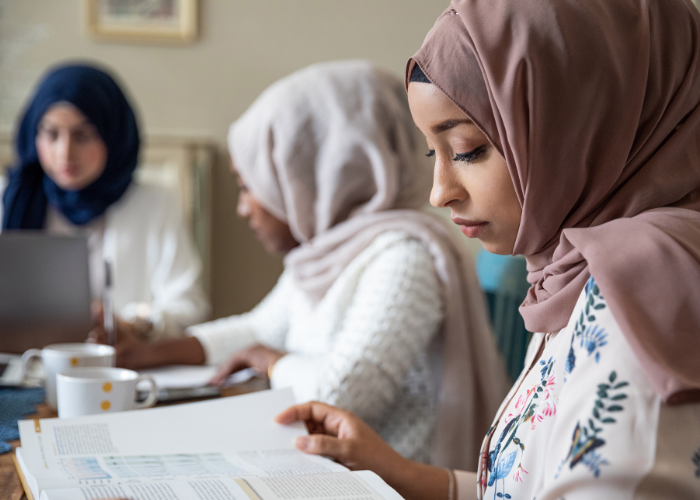
However, if you are in the luxurious position of being able to freely choose which Arabic dialect to learn, this series of blog articles will give you a rundown of things to consider for each of the main Arabic dialects. We’ll go through everything from career prospects to the logistics of studying in each region, to hopefully make your choice a little easier!
This week, we’re kicking things off with the Levantine Arabic dialect. Levantine, or Shami Colloquial Arabic is the dialect spoken day-to-day across Palestine, Lebanon, Jordan and Syria. Globally, it’s estimated that more than 44 million people speak Levantine Arabic, including in sizeable diaspora communities as far from the Levant as Brazil and Venezuela!
Linguistic Considerations
If you study Levantine Arabic, the Jordanian, Palestinian, Lebanese and Syrian dialects will all be intelligible to you. Although there are variations within Levantine Arabic, for example between urban and rural subdialects and accents, you shouldn’t struggle too much to adapt your accent or vocabulary between them.
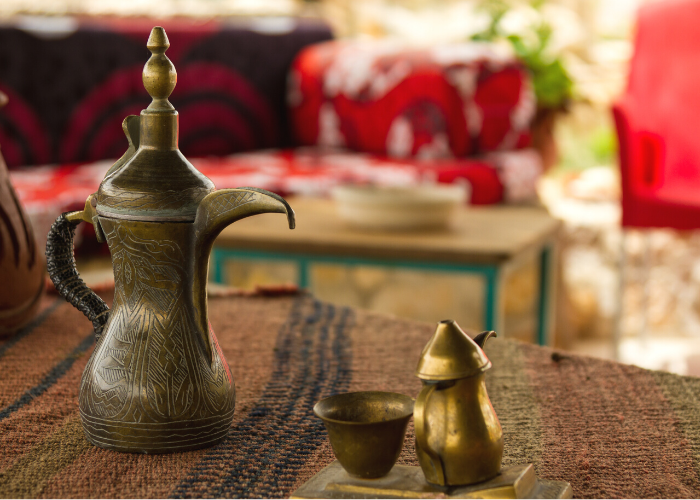
A bonus of learning Levantine Ammiya is that there’s less tricky grammar to master than in MSA (you can forget those pesky case markings!) and some pronunciations are simplified. For example, many Levantine speakers elide the tricky qaf in most words, replacing it with a glottal stop, a G, or in some areas, a K sound. If you are already familiar with MSA, roughly half of the vocabulary is shared between Standard and Levantine Arabic, making it the closest dialect to the standardised form of the language.
Careers
Levantine Arabic is a pretty strong choice if you’re hoping to work in the Middle East, particularly in the development or humanitarian sectors. At the moment, Jordan in particular is a hub for NGO work – for security reasons Amman is currently used as a base for many NGOs operating in Syria, Lebanon, Iraq, Yemen and Palestine as well as within Jordan itself.
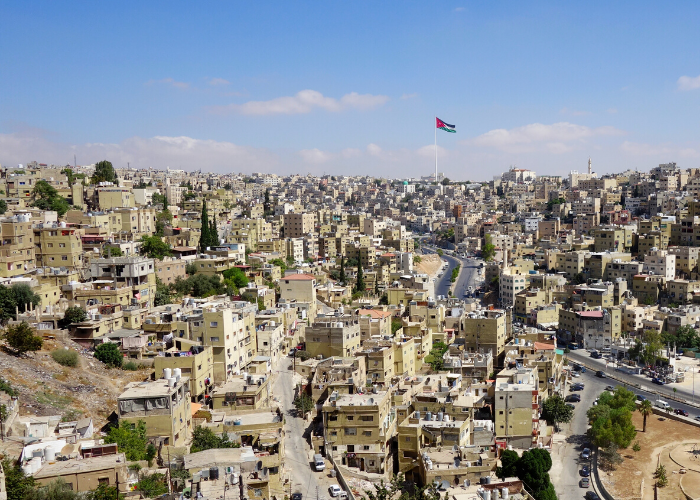
Culture & Lifestyle
Learning Levantine Arabic is your ticket to one of the most incredible regions on earth. The social, religious, cultural and geographic variety of the Levant means that there really is something for everyone. Your time in the Levant could include skiing in the Lebanese mountains, exploring Roman ruins and hiking through wadis in Jordan, or learning how to prepare a Palestinian feast in Ramallah.
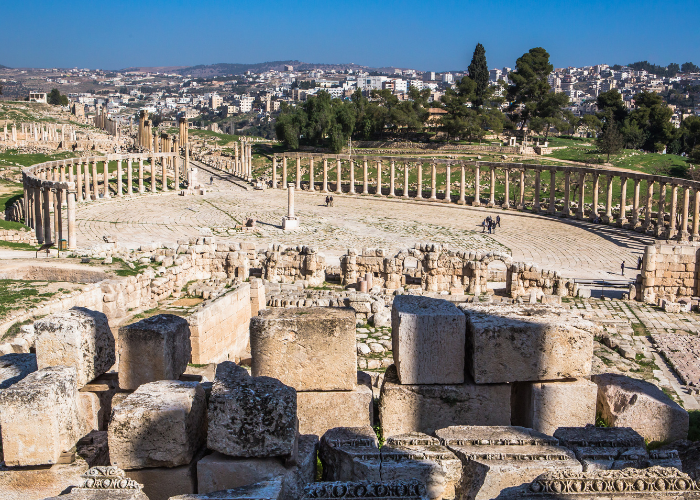
Life in the Levant can very much be what you make of it. Experiences can range from sipping cocktails in bars every evening, to homestays with conservative Muslim families. Dress codes also vary – in some situations and locations, it is respectful for both men and women to dress conservatively, while in some neighbourhoods dress codes are far looser.
Resource Availability
Although it is harder to track down reliable resources for formally studying Levantine Ammiya than for MSA, there are some textbooks, dictionaries and grammar guides available. Over the last few years, the availability of Levantine Arabic resources has definitely increased, and many language schools now offer their own purpose-written textbooks.
The really good news is that more informal resources in this dialect are relatively easy to find, with movies and TV series in Levantine Arabic readily available on international streaming sites and a wealth of content on YouTube and social media. Another reason to learn Levantine Arabic is that there are plenty of teachers available, both in person and online. On sites like iTalki you’ll be able to find a range of teachers specialising in any of the sub-dialects of Levantine Ammiya.
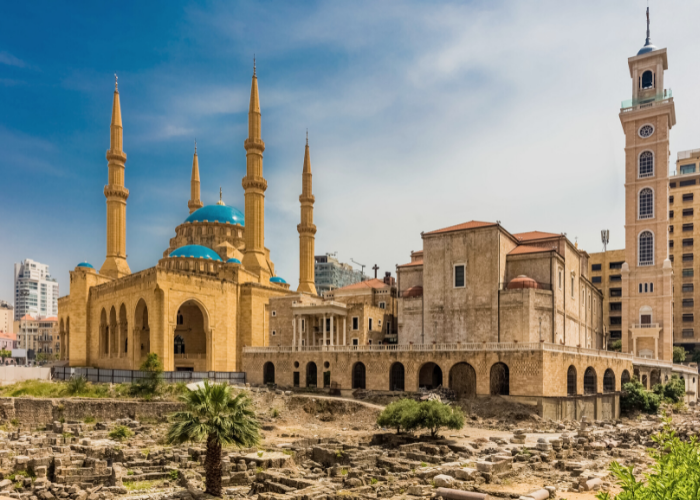
(Photo taken before they were damaged in the 2020 port explosions)
Logistics
With things as they stand in Syria, Palestine and Lebanon, Jordan is currently the most popular destination for students looking to study Arabic in the Levant. Amman has a wide range of language schools, all the way from the internationally renowned intensive courses at Qasid, to Arabic language schools offering more relaxed one-to-one tuition in the laid-back neighbourhood of Jabal Al Weibdeh. Most language schools can help with organising accommodation or setting up a homestay for you if you’re looking for full Arabic immersion!
Living in Amman is not difficult for foreigners but it’s worth bearing in mind that it isn’t the cheapest city to live in. Visas aren’t difficult to come by for most nationalities – tourist visas are available on arrival and student visas are available if you’re studying on a formal course. Month-long tourist visas can be extended by visiting a police station and providing extra documentation.
A taste of … Levantine Arabic
If you’d like a quick intro to Levantine Ammiya, these videos will give you a quick taste of the dialect!
If you’d like to give Levantine Arabic a try, or find some new resources, don’t miss the Levantine Edition of our Immersion Itineraries – a suggested schedule for a whole day of immersion in Levantine Arabic, all from home and for free! Read it on the blog here, or join our private Facebook group for Arabic learners where you can download the free printable PDF version!
Have you just started learning Arabic? Let us know in the comments how you’re doing with choosing a dialect and the things that have influenced your choice!



